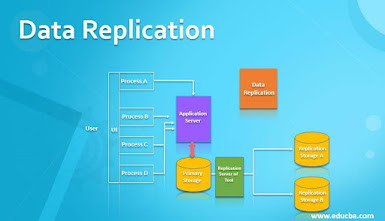"Unlocking Data Transformation: Migrating from SAP HANA to Snowflake"

In today's rapidly evolving data landscape, businesses increasingly rely on cutting-edge solutions to harness the full potential of their data. SAP HANA, a high-performance in-memory database, has long been a stalwart choice for enterprises. However, as organizations shift toward cloud-based data warehousing, Snowflake emerges as a formidable contender. This article explores the significance of migrating from SAP HANA to Snowflake , the advantages it offers, and the strategies for a seamless data transition. Why Migrate from SAP HANA to Snowflake? 1. Cloud-Native Architecture Snowflake is born in the cloud and designed for the cloud. It provides a highly scalable and flexible data warehousing solution that seamlessly integrates with popular cloud providers like AWS, Azure, and Google Cloud. This cloud-native approach eliminates the need for on-premises infrastructure and offers greater agility. 2. Scalability Snowflake's unique multi-cluster, shared da...
